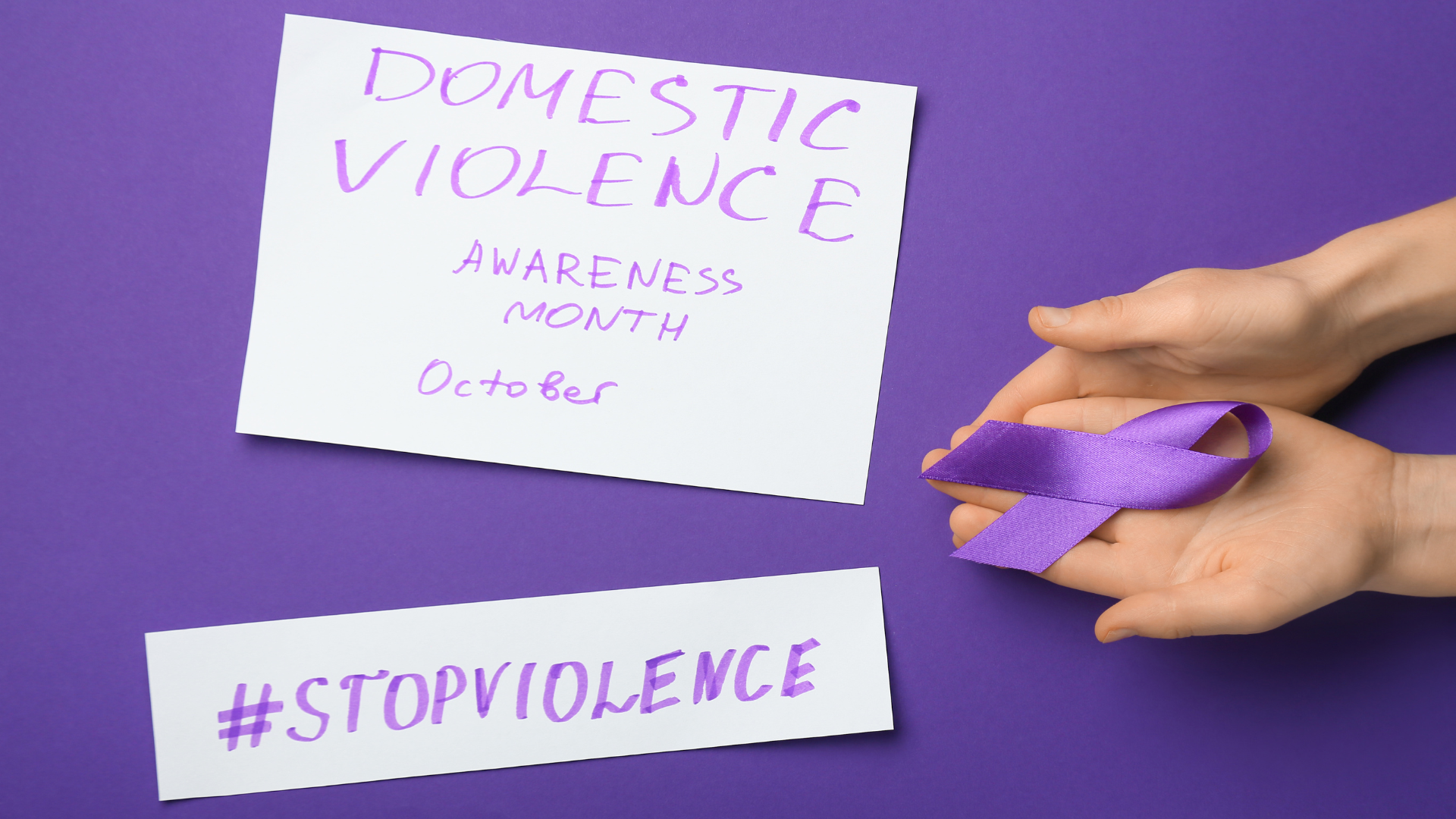Human predators are all around us, whether you know it or not. Predators are not just bullies—they can also be quite charming, yet manipulative. That’s why it’s important to understand the profile of a predator.
However, all predators have one thing in common—they experience gratifying emotional payoffs when they successfully manipulate their prey’s emotions or relationships.
That’s why it’s more than just pepper spray on college campuses. Learn more on how to understand the multi-layered profile of a predator, and how to protect yourself against one.
The 3 Main Types of Predators
There are many types of predators that exist today. While they all have similar agendas, each type of predator acts in different ways to accomplish their individual goals.
Emotional Predator
An emotional predator will confide in you with their experiences and emotions. However, this is so that they can falsely relate to you and make you feel as if you both understand each other on a “deeper” level.
Over time, this type of individual gathers sensitive, personal, or embarrassing information to blackmail you.
Sexual Predator
Perhaps the most well-known of the predator types, a sexual predator often pushes physical and sexual boundaries. They do this to create a one-sided emotional dependency, and use manipulative behavior and language against their victim to continue preying on them.
Social Predator
A social predator will create an uneven playing field with their victim. This is typically done by not revealing embarrassing or scandalous information of their own. However, they will then share very detailed stories that can not be retold or corroborated.
Additionally, they crave social status and are often able to turn others against their victim.
Common Characteristics of a Predator
Many predators portray similar characteristics. Here is a list of common characteristics that can help you better understand the profile of a predator.
- They Seem Too Perfect: They may come across as extremely flattering and charismatic, masking their dark side from you until it’s too late.
- Extreme Attentiveness: A predator will try to create emotional dependency through “kind” calls, texts, and messages to portray regular attention.
- Distraction: Intense care and concern, promises, and gifts from a predator are distractions from manipulation.
- Blend-In: Most predators don’t stand out in a crowd, but usually blend in with a purpose. Ever heard the statement, “he seemed like such a nice, normal guy”?
- Manipulation: The predator will gaslight, mock or lie to make their prey feel like it’s their fault. In turn, this makes them feel powerful and in control.
Take charge of your own personal safety. Prepare, prevent, and protect with Personal Safety Training Programs from Stiletto Agency.
Say No to Gaslighting and Abuse: How to Protect Yourself Today
If you’ve been attacked by a predator in any way, remember that this situation is not your fault. Instead, this is a reflection of the predator at-hand.
However, there are ways to stop them in their tracks, and prevent it from happening again.
- Cut off all communication with the predator and any of their “actors” they have involved in your life. Sadly, this does often include children and animals.
- Participate in regular firearm safety and training.
- Increase your connections with friends and family, and never isolate yourself.
- Participate in personal safety training programs.
We offer customized training programs, both professional performance and personal coaching and consultancy to help you develop an empowered mindset. Contact us today!






